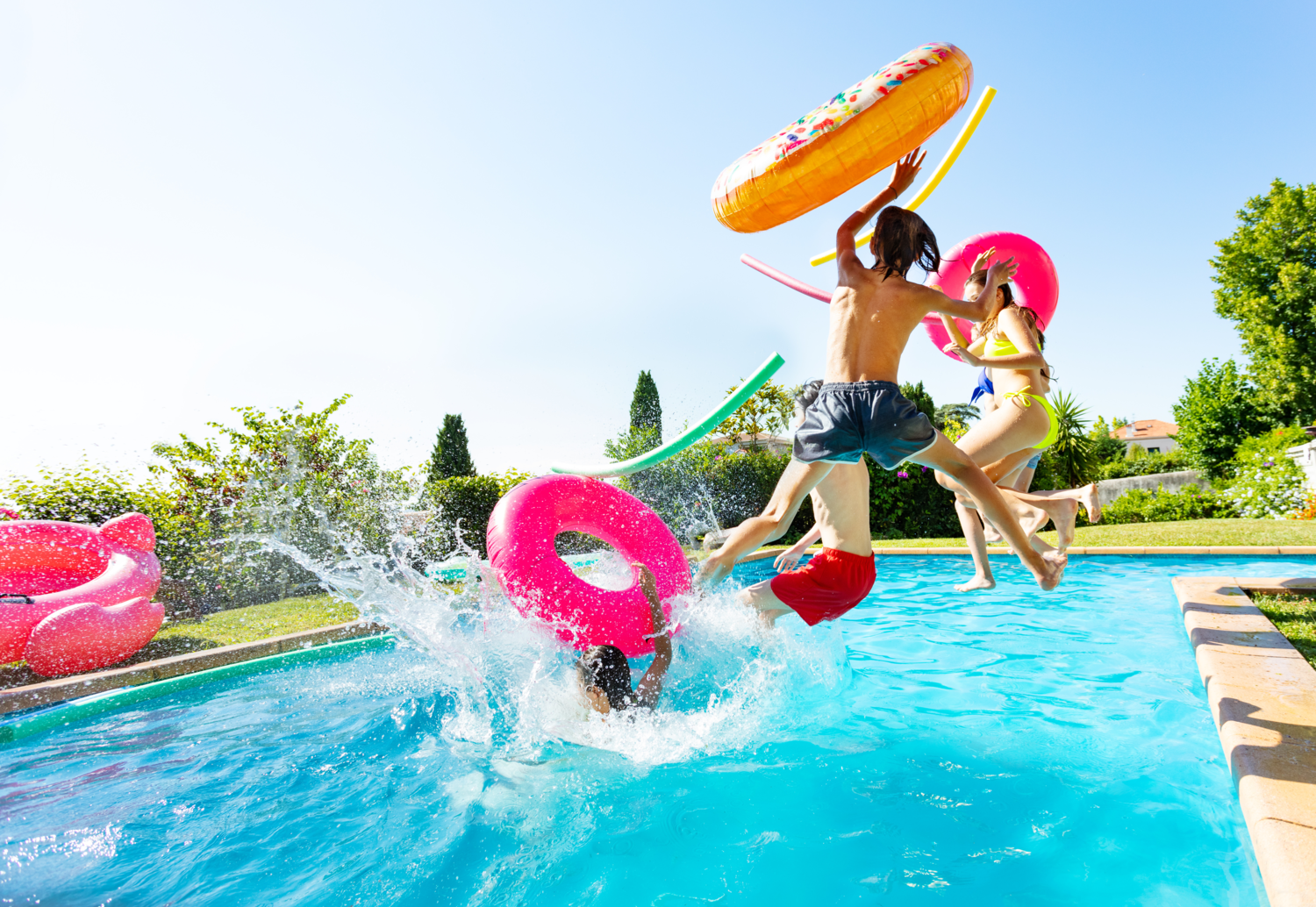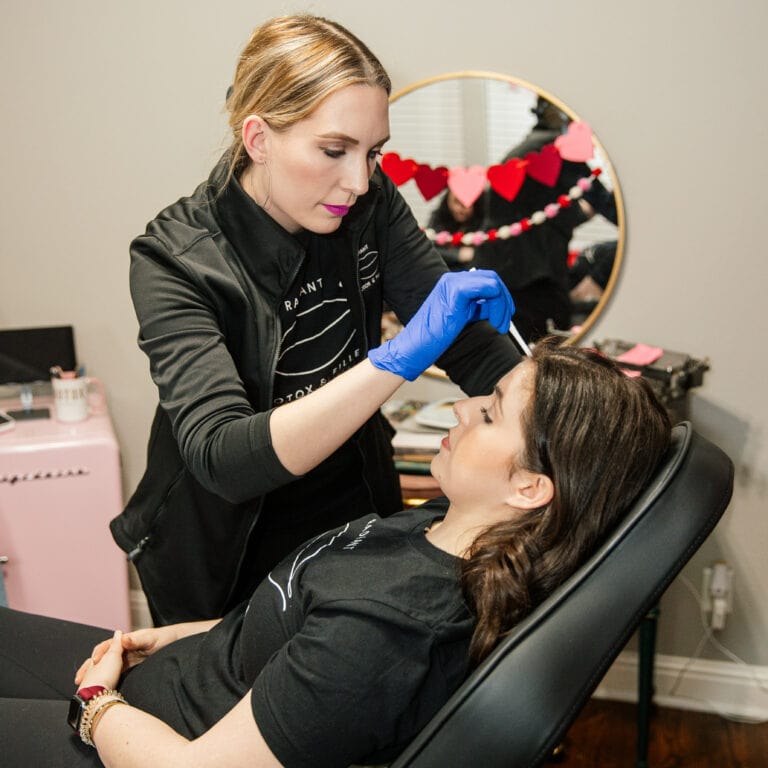Rules of the Pool
- Supervise at all times: Always have a responsible adult present to supervise swimmers, especially children, actively. Never leave children unattended in or near the pool.
- Learn CPR and basic lifesaving techniques: Knowing cardiopulmonary resuscitation (CPR) and basic lifesaving techniques can be crucial in emergencies. Consider taking a certified CPR course to be prepared.
- Install barriers: Surround your pool with appropriate barriers such as a fence, gate, or pool cover to prevent unauthorized access to children and animals. The fence should be at least 4 feet high and have a self-closing, self-latching gate.
- Keep rescue equipment nearby: Keep life-saving equipment such as a life preserver or life jacket, a shepherd’s hook, and a reaching pole near the pool. It can be vital for assisting someone in distress.
- Teach swimming and water safety: Enroll yourself and your family members in swimming lessons and teach them about water safety, including basic swimming skills, floating, and the importance of not swimming alone.
- Establish pool rules: Clearly establish and enforce pool rules to ensure safe behavior around the pool area. Rules may include no running, no diving in shallow areas, and no pushing or horseplay.
- Secure chemicals and equipment: Store pool chemicals, cleaning supplies, and pool equipment in a locked area out of reach from children, pets, and wildlife. Follow the manufacturer’s instructions when handling and storing chemicals.
- Check water quality: Regularly test the pool water to ensure proper chemical levels and pH balance. Improper water chemistry can lead to health hazards and accidents.
- Install pool alarms: Consider installing pool alarms that can detect movement or disturbances in the water. These alarms can provide an extra layer of safety, especially if you have young children.
- Be cautious with pool toys: Only use pool toys and flotation devices approved for the specific age group and skill level of the swimmers. Avoid toys that can obstruct visibility or create hazards.
- Limit alcohol consumption: Alcohol and swimming do not mix well. Avoid excessive alcohol consumption while in or around the pool, as it can impair judgment and coordination.
- Prepare for emergencies: Keep a phone nearby in case of emergencies and know the local emergency number. Learn how to respond to incidents like drowning or injuries in and around the pool.
Remember, these tips are not exhaustive, and it’s always a good idea to consult local regulations and guidelines for pool safety specific to your area.






